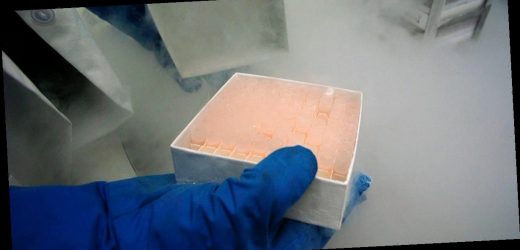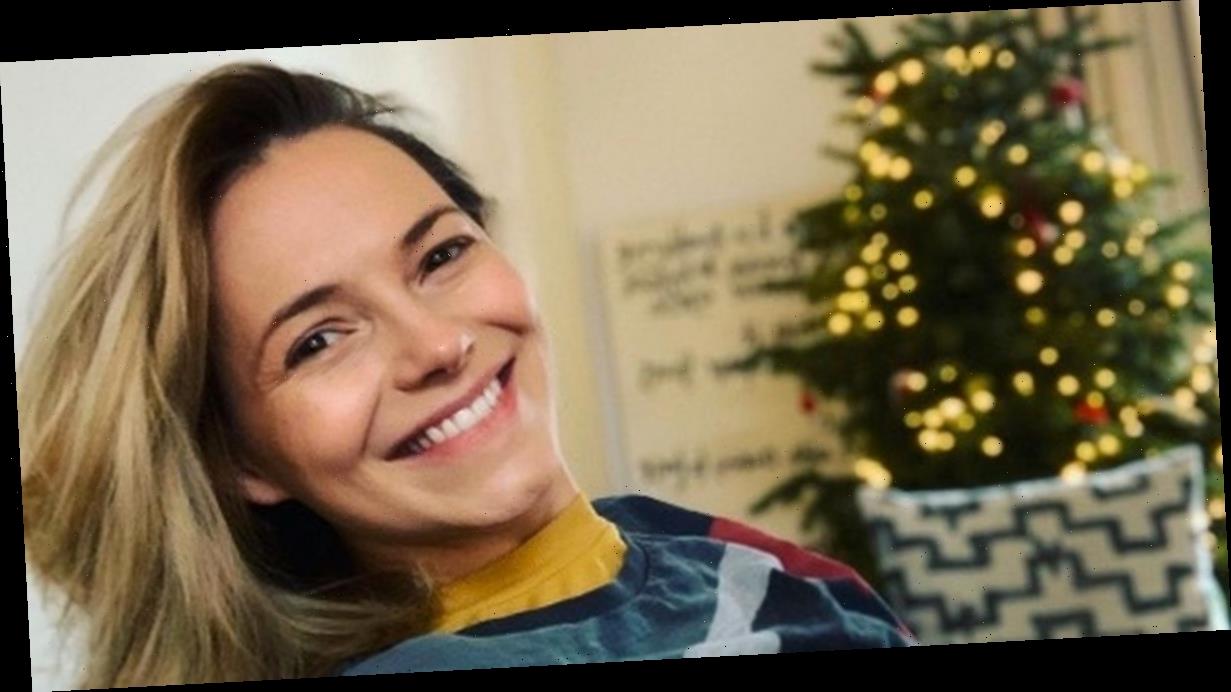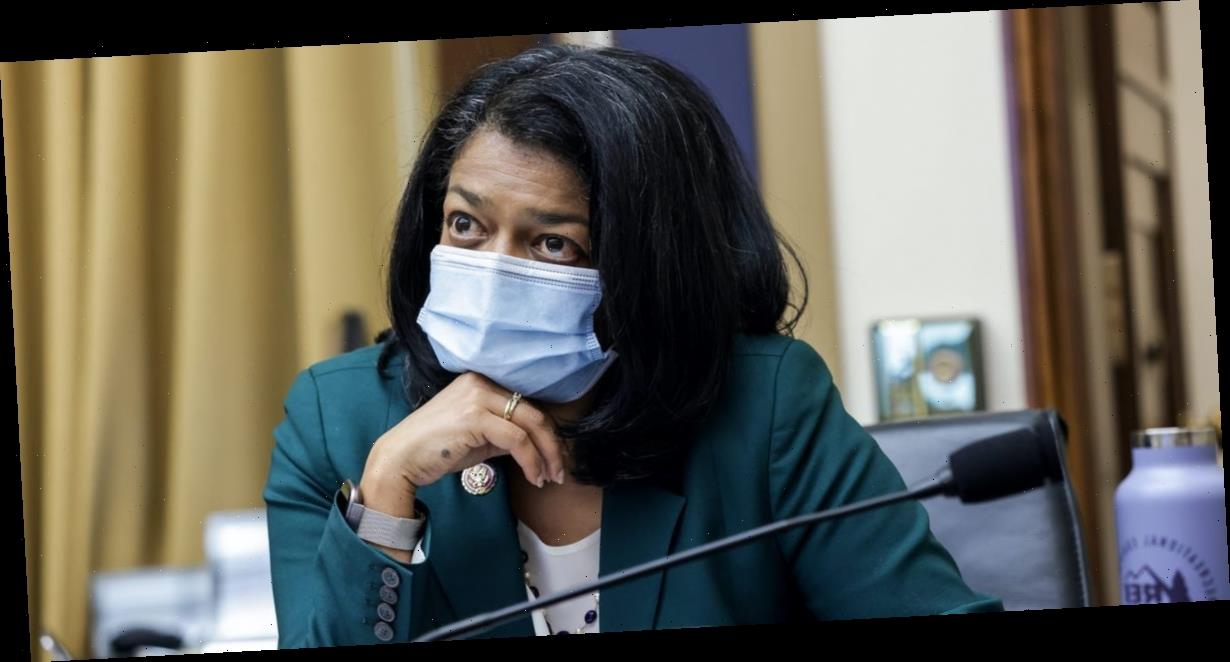- From Central America to Ukraine, unlicensed clinics are offering stem cell therapies as a treatment for autism.
- Stem cells used mainly to treat blood disease. Their effectiveness on autism is unproven and the FDA has not licensed their use for the condition.
- One prominent clinic providing such treatment is Panama's Stem Cell Institute, whose founder has celebrity backing.
- Experts told Business insider the clinic gains legitimacy from a program at Duke University researching stem cells and autism.
- Parents seeking treatment for autistic children at unlicensed clinics cite Duke's work as a justification, although it has produced no proof the treatments work.
- One critic also pointed to links between the Stem Cell Institute and a major donor to the Duke research program.
- Duke strenuously denied connections to the Panama clinic, and defended its research in a statement to Business Insider.
- Visit Business Insider's homepage for more stories.
The website of Panama's Stem Cell Institute features glowing testimonials from former patients, and praise from Hollywood stars.
In one story, parents describe how their autistic daughters' symptoms faded after a $15,000 treatment. She was, they said, newly able to play with other children and thrived at school.
"We couldn't be happier as parents we are so proud of her and so thankful to the stem cell institute in Panama for making this possible," they write.
The institute has influential backers. Its website features a Spotify podcast fronted by Joe Rogan in which founder Neil Riordan is interviewed alongside his friend, Hollywood star Mel Gibson.
On his Facebook page, there are pictures of Riordan with celebrities like Instagram star Dan Bilzerian, motivational speaker Tony Robbins, Home Depot billionaire Bernie Marcus, and the actor Josh Brolin.
The Panama clinic is the best-known of hundreds — located from Latin America to Ukraine — offering stem cells as a panacea for a range of conditions, often for large prices.
Some exploit lax local regulations over the use of stem cells, allowing them to be used for conditions where evidence of the effectiveness is weak, according to a study published in respected periodical The Bone and Joint Journal.
Hundreds of loosely monitored clinics have also emerged in the US in recent years, the healthcare website Stat News has reported.
Experts are increasingly concerned about the growth of such clinics, especially their claims to be able to treat autism.
They argue that the effectiveness of stem cells for treating autism is unproven, and note that it is not licensed by the Food and Drug Administration (FDA) for this purpose. The process can also be distressing for autistic children, some say.
Richard Mills, a professor in psychology at the UK's Bath University, and director of the AT-Autism charity, is among them.
He told Business Insider: "The research on stem cells and autism is incredibly weak. And it's not an approach we could recommend be considered for autism based on the evidence that exists. That's the concern that most of us would agree on, that there just isn't enough evidence."
Alycia Halladay, chief science officer at the Autism Science Foundation, in a Scientific American article last year called stem-cell based autism treatments "unproven," and criticized media outlets which hyped the treatment.
Activists have told Business Insider that social media misinformation, spread in large Facebook groups, is fuelling the popularity of stem treatments even where there is little evidence that it works.
Alongside the rumor, misinformation, and speculation, a legitimate study being pursued by scientists at Duke University in North Carolina is also encouraging belief in stem cells as a viable treatment for autism.
While the Duke study and the clinics are two are separate endeavours, critics argue that a symbiosis of sorts has developed between them. They say that parents cite Duke's research to justify seeking treatment for their children at Riordan's clinic, while Riordan claims to have played a role in approving a large charitable grant for Duke.
In a statement to Business Insider, Duke strongly denied suggestions of any links, and said it encouraged parents to check whether clinics offering stem cell treatments were licensed.
What are stem cells?
Stem cells are found in everybody, and have the capacity to build an renew other, specialist cell types, such as blood, bone and brain cells.
They have a key role in repairing damaged cells, which is where research on their medical use has focused. Stem cells used in medical research are often taken from blood in severed umbilical cords after babies are born.
In experiments, scientists have grown stem cells in laboratories, then tested their capacity to mend injured patients or counteract diseases. In the US, stem cell treatments have to be shown to be effective for some blood diseases such as leukemia, and are licensed by the FDA.
Scientists are investigating whether they can be used to treat a range of other conditions.
But last year the FDA warned against the use of stem cells for illnesses where their use is unproven. It said that "some patients seeking cures and remedies are vulnerable to stem cell treatments that are illegal and potentially harmful."
The use of unlicensed stem cell hospitalized 17 people in the US from 2018 to 2019, The Washington Post reported.
In pursuing stem cells as autism treatment, critics say a 'symbiosis' has developed between Duke and the unlicensed clinic
The only clinical trial in the world into whether stem cells can treat autism is being conducted at Duke, led by Professor Joane Kurtzberg.
So far, researchers on the program have not made any major breakthroughs, with phase two clinical trials this year finding no significant improvement in patients given stem cells compared to those given a placebo.
In a July study in the Journal of Pediatrics, the research team concluded that stem cells were "not associated with improved socialization skills or reduced autism symptoms."
They concluded that "more research is warranted to determine" whether the treatment might be effective.
Other studies, such as one conducted in 2018 by scientists at the University of Sacramento, also found no benefits for autistic people given stem cells.
Participation in the trial at Duke is not free. A spokesperson for the university confirmed to Insider that participation under its expanded access program costs $15,000.
Many parents unable to enroll on one of the limited places instead seek out unlicensed clinics, experts and activists told Business Insider.
Though the FDA allows institutions to request payment for participation in trials, this must only cover running costs. Duke said its fee represents the "actual cost of the clinical care related to delivering the therapy," in line with FDA rules.
Paul Knoepfler, a biologist at the University of California, Davis, has blogged about what he sees as the bogus medical use of stem cells and is concerned about the Duke program.
"A lot of families tie the Duke program and the Panama clinic together and kind of think of them as not as the same thing but as a continuum," he said.
He singled out the relationship between the Duke and Panama's Stem Cell Institute, describing it as a "symbiosis."
Knoepfler described a "mutually beneficial connection where they are both promoting almost exactly the same idea of blood for autism."
In a statement to Business Insider, Professor Kurtzberg defended her research, emphasized that her program is not connected to the clinic, and said that there was a sound basis in evidence for continuing.
"Our previous Phase 2 double blind randomized clinical trial evaluating cell therapy found that children with autism who don't also have intellectual disability showed improvements in their communication skills, attention, and brain activity based on EEG," she wrote.
EEG is short for electroencephalography, a type of brain scan.
"There is scientific evidence that autism involves neuroinflammation, and we have evidence from preclinical studies that certain cells in cord blood dampen inflammation in the brain. Thus, there is a scientific rationale for why cord blood might be helpful for treating autism."
Kurtzberg said parents taking part in the expanded access program are "are charged for the actual cost of the clinical care related to delivering the therapy. There is no charge for the investigational product, in this case, the cord blood unit."
Possible links to Home Depot billionaire Bernie Marcus
The mutual interest may go beyond the institutions pursuing parallel types of research, say critics such as Knoepfler.
In order to pursue its stem cell research, Duke was awarded a grant by the Marcus Foundation, a charity set up by Home Depot co-founder Bernie Marcus.
It has provided millions in donations to institutions researching autism treatments. Spectrum News reported that it could be up to $40 million, though neither Duke nor the Marcus Foundation would provide an exact figure.
In a statement written in response to another article about his clinic, Riordan claims to know Bernie Marcus and Kurtzberg. He says he reviewed Duke's application for funding from the Marcus Foundation, and was present at the board meeting which approved the application.
Neither Riordan nor the Marcus Foundation would responded for requests for comment on whether this was true.
If this is true, said Knoepfler, it sets up serious conflicts of interest issues.
He suggested that, if so, Duke researchers might be reluctant to criticize the institute, thinking it could imperil their funding.
He asked: "Does the Duke team consider the possibility that if they are critical of the Panama clinic that it may get back to Marcus Foundation and risk their current or potential future funding?"
"By Riordan being a reviewer of their jumbo grant (and hence potentially future grants) I believe it potentially gives him a certain influence over them, consciously or not," he said.
Kurtzberg, the Duke professor, said she did not endorse the research being conducted at the Stem Cell Institute, and emphatically denied any connection between her research program and the one conducted there.
"We have not interacted or been involved with the programs in Panama. We don't know the details of the cells and protocols used in Panama, which are not FDA approved, and therefore can't assess either the use or results. We have not collaborated with them and or provided any financial or technical support," she wrote.
When asked whether she was aware of Riordan's claim to have helped approve the funding, Kurtzberg said: "We have no knowledge of this."
Knoepfler also pointed to Kurtzberg's advisory role for Cryo-Cell International, a blood bank that provides stem cells for medical research and is a partner in Kurtzberg's autism project.
The firm has an agreement with Duke to license and sell products based on Kurtzberg's research into autism and stem cells.
"Is it an incentive to continue doing clinical trials even after the data disappoint?" Knoepfler asked.
In its statement, Duke said that Kurtzberg received no money for her advisory role at Cryo-Cell International, and said the reason for for continuing her research is purely scientific.
"CryoCell does not pay Dr. Kurtzberg for her services for their bank. Dr. Kurtzberg is also the founder and director of the Carolinas Cord Blood Bank, an FDA-licensed public bank at Duke. As medical director of both banks, Dr. Kurtzberg reviews donor screening and medical eligibility of cord blood units for banking," said a university spokesperson.
"Dr. Kurtzberg has always been an objective researcher and is not continuing research for any other reason than there appears to be encouraging data in early phased clinical trials."
Another scientist to draw links between the Duke program and unlicensed treatments is Leigh Turner, an associate professor in bioethics at the University of Minnesota.
He noted that in media interviews, such as a 2017 CNN report, members of the Duke research team had talked up the prospects of stem cell treatments for autism being effective.
Turner and bioethicist Jeremy Snyder later documented in a study in the journal Cytotherapy how parents, having not been able to get on to the Duke program, raised funds online for their children to receive treatment in Panama.
"Clinical studies and press releases associated with the academic medical center [Duke] played an important role in lending the perception of credibility to the putative stem cell treatments marketed by the international clinic," he wrote.
Duke, in response, said that it recommends that "parents research any cord blood treatment options they are considering, and before getting treatment, ask if the FDA has reviewed the treatment and have their health care provider confirm this information."
Is autism an illness that needs treatment at all?
Clinics offering stem cell treatments rarely flag the risks associated with it, or the lack of strong scientific data underpinning it.
But there is an issue besides lack of evidence, argued Mills, the professor at Bath University. He said there were problems around considering autism an illness that needs medical intervention in the first place.
"Of equal concern is this notion that autism can be fixed, whereas there are increasingly held views among the autistic population that they don't want 'fixing' thank you very much," he said.
"They are, if we could put it this way, a neurological minority. They make a very big contribution to society, but like everyone else they do have issues that need support from time to time."
He explained that stem cell infusions can be traumatizing for autistic people.
"There has been concern expressed about treatment like this, where people aren't able to consent. Which might also be very distressing for them, so that's another concern."
Kurtzberg, the Duke professor, defended researching treatments for the condition, and said that, for some, difficulties in socializing and communicating were beyond the help of therapy.
"Because some individuals with autism continue to have significant difficulties in socialization and communication despite having received behavioral interventions, developing medical treatments is an important medical need," she wrote.
Source: Read Full Article


